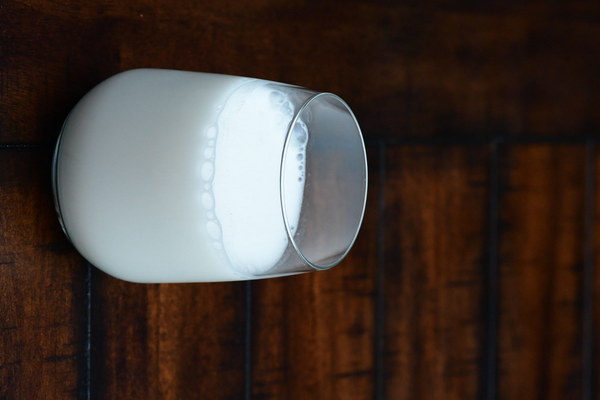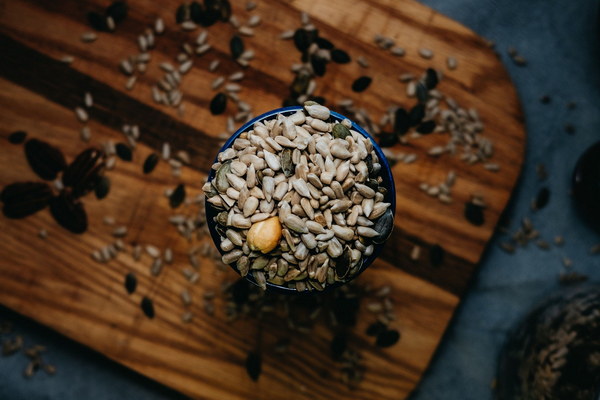Unveiling the Health Benefits of Ginger Does It Relieve Dampness and Strengthen the Spleen
Ginger, a fragrant and spicy root, has been a staple in traditional Chinese medicine for centuries. Known for its numerous health benefits, ginger is often used to alleviate various ailments, including colds, flu, and indigestion. But does ginger also have the power to relieve dampness and strengthen the spleen? In this article, we will delve into the science behind ginger's traditional uses and explore its potential benefits in dampness and spleen-related conditions.
First, let's understand what dampness and spleen weakness mean in traditional Chinese medicine (TCM). In TCM, dampness refers to an excess of fluid in the body that can lead to various symptoms such as fatigue, weight gain, bloating, and poor digestion. Spleen weakness, on the other hand, refers to a condition where the spleen, an organ responsible for transforming food into energy, is unable to perform its functions optimally.
Ginger is believed to have the following properties that may help alleviate dampness and strengthen the spleen:
1. Anti-inflammatory: Ginger contains compounds such as gingerol and shogaol, which have anti-inflammatory properties. These compounds can help reduce the inflammation associated with dampness, thereby alleviating symptoms like bloating and discomfort.
2. Digestive aid: Ginger is known for its ability to stimulate digestion and improve the flow of bile. This can be particularly beneficial for individuals with spleen weakness, as it helps break down food more efficiently and aids in nutrient absorption.

3. Diuretic: Ginger has diuretic properties that can help increase urine output. This can be helpful in reducing fluid retention, which is often associated with dampness.
4. Energy booster: In TCM, ginger is considered a warming herb that can help boost energy levels and improve overall vitality. By strengthening the spleen, ginger may help individuals with spleen weakness feel more energetic and less fatigued.
Now, let's explore some specific conditions where ginger may be beneficial:
1. Dampness and weight gain: Dampness can lead to weight gain, as the body retains excess fluid. By promoting healthy digestion and acting as a diuretic, ginger can help reduce dampness and alleviate weight gain.
2. Poor digestion and bloating: Ginger's digestive aid properties can help alleviate symptoms of poor digestion, such as bloating, gas, and constipation, which are often associated with spleen weakness.
3. Fatigue and weakness: By strengthening the spleen and improving energy levels, ginger may help alleviate fatigue and weakness caused by dampness and spleen weakness.
4. Water retention and edema: Ginger's diuretic effects can help reduce fluid retention and edema, particularly in the legs and feet.
While ginger has many potential benefits, it's important to note that its effectiveness in treating dampness and spleen weakness may vary from person to person. Additionally, ginger should not be used as a substitute for professional medical advice or treatment.
In conclusion, ginger may have the power to relieve dampness and strengthen the spleen, thanks to its anti-inflammatory, digestive aid, diuretic, and energy-boosting properties. Incorporating ginger into your diet, whether through cooking or as a tea, may help alleviate various symptoms associated with dampness and spleen weakness. However, it's always best to consult with a healthcare professional before starting any new supplement or treatment.









